Post
A catch
Save a catch to start your fishing logbook. You will be able to to share it with the community if yo want!
A fishing trip
Post an ad to go fishing with other fishermen
Save a catch to start your fishing logbook. You will be able to to share it with the community if yo want!
Post an ad to go fishing with other fishermen
Share a thought, a question with the community
My favorite cities
×Join our 456 fishermen in Troon in Cornwall where there's 1 spot. The fishing forecast is currently 3.3. The most caught fishes here are the sole fish, the cod fish, the red bream and the mackerel fish. Come try the most famous fishing techniques like the toc fishing, spoon fishing for trout , tips on material for sea bream throwing or feeder fishing.
Our fishing forecast of Troon indicates the best time to go fishing in this city.
The Sole Fish
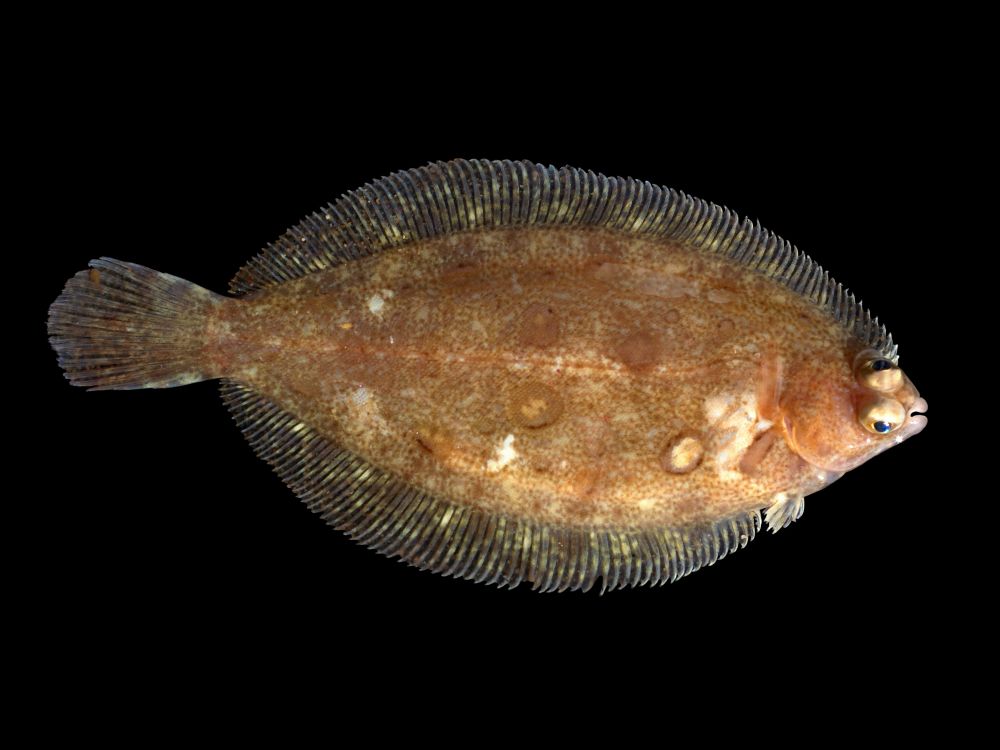
The sole fish belongs to the Soleidae family. The maximum size can reach 70 cm with a current size of 25 to 35 cm. Its longevity is 27 years. It breeds from January to March depending on the region. It can lay up to 1,300,000 eggs. It can be fished all year round. First of all, we notice in this flatfish its characteristic oval shape, which is not found in the other flatfish most frequently encountered by divers. The adult sole, a right-handed (or dexter) flatfish, rests on its left flank and has its eyes on the right side. The color of this fish is very variable: bluish grey to yellowish brown! The body is often marked with marbling and dark spots. The snout of the soles is rounded and shows a small arched mouth, located before the tip of the head. Her eyes are small and wide apart. The caudal has a rounded edge at the end of which a dark fringe can often be seen. On the seabed is the black spot (sometimes golden or brown) at the back and up of the pectoral fin. The dorsal and anal fins are generally white bordered and joined to the caudal by a thin membrane.
The Sole Fish is a famous fish you can catch in Troon.The Cod fish
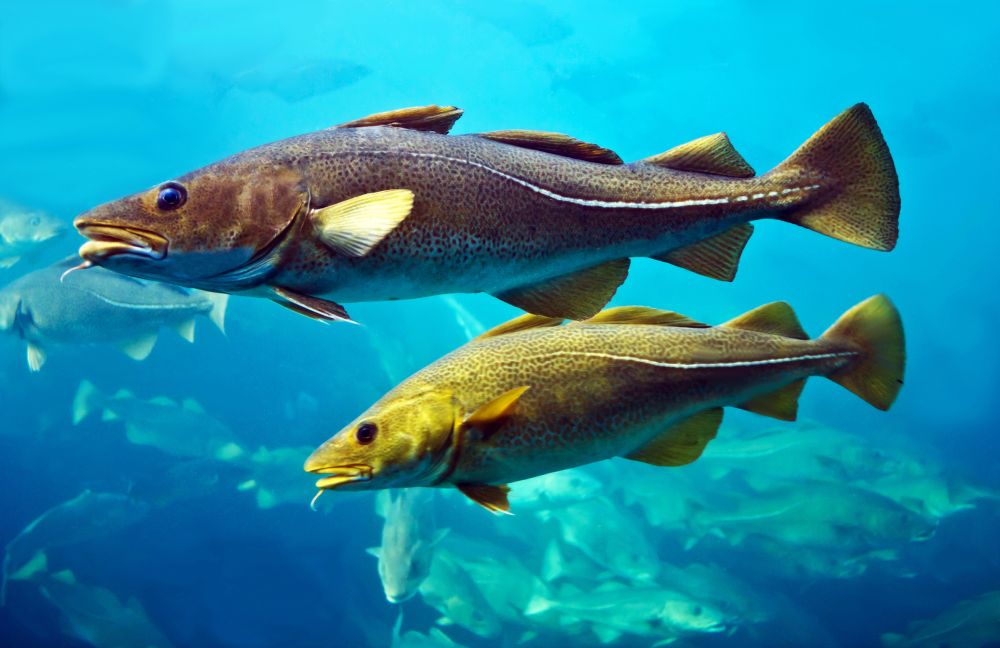
The Cod fish belongs to the Gadidae family. The Cod fish measure between 50 and 90 cm on average but can reach 1.80 metres for 40 kg and a maximum weight of 95.5 kg in some specimens. It can live up to 25 years. It reproduces from February to April. The female can lay 500,000 eggs. It can be fished all year round but productivity is better in March, April and October, November. Its elongated body is covered with small scales. The muzzle is relatively elongated, slightly prominent, conical and obtuse. A large mouth with the posterior edge reaching one third of the eye. There are many small teeth in each jaw. Presence of a barbel under the jaw. It has three dorsal fins and two anal fins. The pale lateral line is curved in the first 2/5 of the body. The body cavity is lined with a grey or silvery membrane and has small black, brown or red spots on the sides and back. The color varies according to the habitat and diet.
The Cod fish is a famous fish you can catch in Troon.The Red Bream
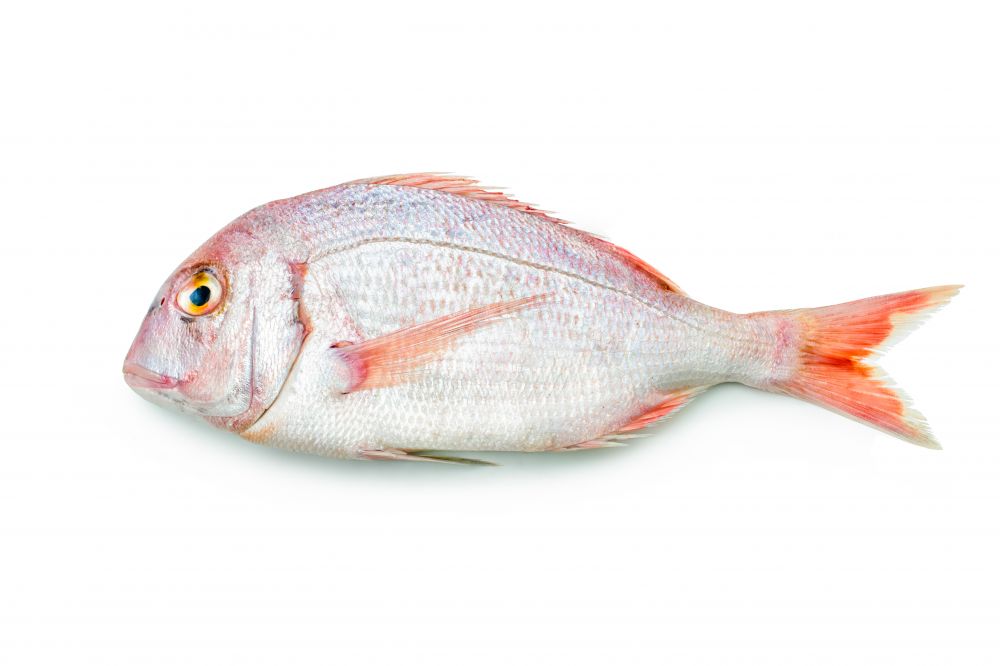
The Red Bream belongs to the Sparidae Family. The Red bream is a fish with a common length of 15 to 30 cm, the maximum known size being 60 cm. This fish can live for about twenty years. It breeds from May to August or March to July. Although it is fished all year round, it is between fall and winter that catches increase. The body is oval in shape, compressed laterally, as in most Sparidae. The head has an almost straight profile, a pointed snout, a fairly small mouth in a low and inclined position. The diameter of the eye is much smaller than the length of the muzzle. The inside of the mouth is greyish or whitish. The 2 jaws have sharp teeth in front (larger outer teeth, with small teeth) and 2 or 3 rows of molar-shaped teeth in the back. Like all Sparidae, it has only one dorsal fin. It begins at the plumbing of the pelvic bones and includes 12 spines and 10 to 11 soft rays. The anal fin has 3 spines and 8 to 9 soft rays, the length of its base is one-third that of the dorsal fin. The pectoral fins are high and very long, reaching almost vertically from the beginning of the anal fin. The caudal fin is forked. The body color is silvery pink with bluish reflections, the back and top of the head being darker. The upper part of the body is dotted with small blue spots. The upper outer edge of the lid is marked with a carmine red. The bases of the pectoral fins have a reddish spot and sometimes a spot is also observed at the base of the last rays of the dorsal fin.
The Red Bream is a famous fish you can catch in Troon.The Mackerel fish
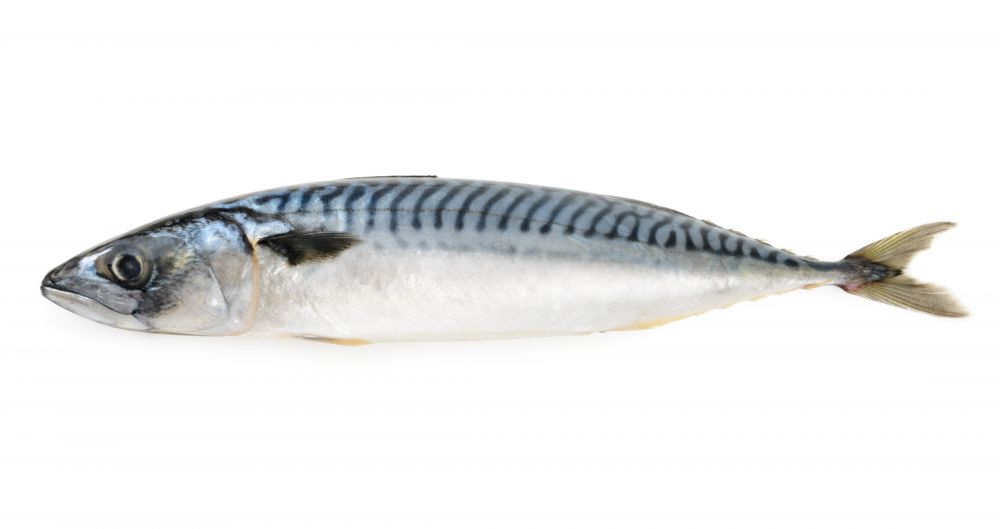
The Mackerel fish belongs to the Scombridae family. The average size of adult mackerel is 30 to 40 cm and its weight ranges from 500 g to exceptionally 1.5 kg. It can live up to 17 years. It reproduces from March to September. The female can lay 450000 eggs. It can be fished all year round. The streamlined body and pointed head of the mackerel, give it an excellent swimming quality (up to 10 km/h). The characteristic feature of mackerel is its blue-green back zebra with more or less oblique and parallel dark lines, while the sides and belly are silvery white. There are 23 to 33 dark chevrons depending on the individual and include the forehead between the two eyes. The fins of mackerel are grey. It has two widely spaced dorsal fins, the first being characterized by 10 to 13 thorny rays. In addition, it also has two pectoral fins (dark based), two ventral, one anal and one caudal. The caudal is preceded by 5 small feathered fins on the dorsal and ventral sides called pinnules. The tail is very indented.
The Mackerel fish is a famous fish you can catch in Troon.The Dab fish
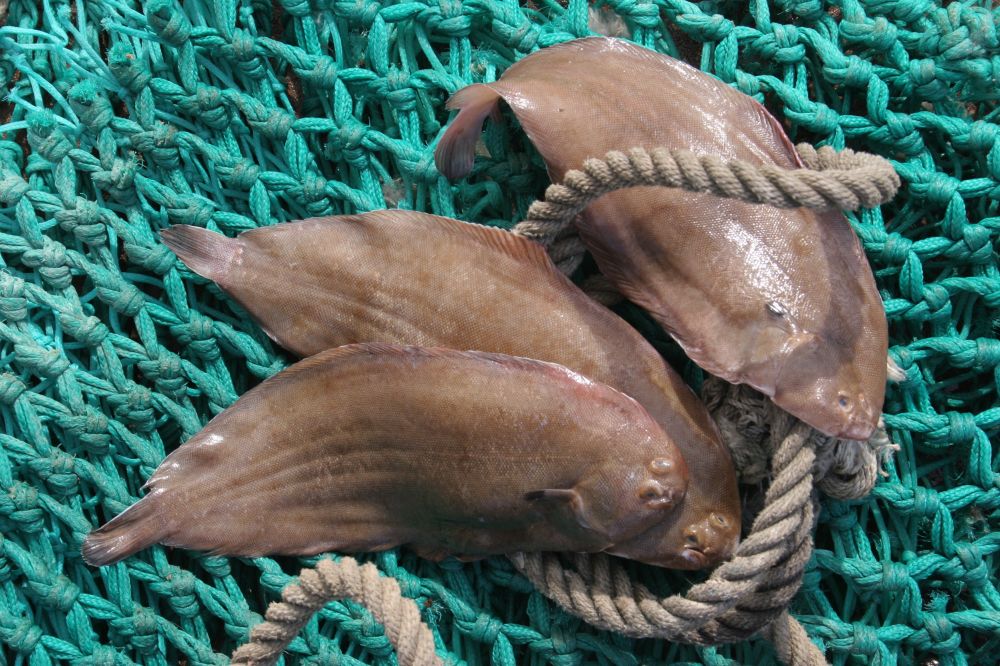
The Dab fish belongs to the Pleuronectidae family. It has an average size of 25 to 40 cm with an average weight of 1 kg. It has a lifespan of 12 years. The Dab fish breeds from February to April. The female lay up to 150,000 oocytes. The Dab fishing is open from October to Mars. the minimum catch size is 25 cm. The Dab fish, scientifically named Limanda Limanda, is a teleosteal species that belongs to the pleuronectidae or flatfish family. It has a flattened body with a more or less oval shape. The eyes of this dexterous fish are both generally located on the right side. The animal has a tiny mouth with small teeth. Its lateral line is curved at the pectoral fin. A characteristic feature that allows it to be easily distinguished from other species with similar morphology such as flounder. Thin scales cover the upper surface of the flounder, making its skin rough to the touch. The back is golden or yellowish brown in color and has dark spots. The belly or blind face is white. Varying from beige to light brown, the general color of dab allows it to blend in with the backgrounds.
The Dab fish is a famous fish you can catch in Troon.Our fishing forecast of Troon indicates the best time to go fishing in this city.
Our fishing forecast of Troon indicates the best time to go fishing in this city.
Our fishing forecast of Troon indicates the best time to go fishing in this city.
